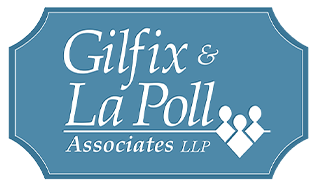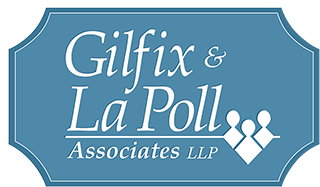
Advance Health Care Directives & Durable Powers of Attorney
Advance Health Care Directive
An Advance Directive enables you to do two things. First, it allows you to choose the individual or individuals who will have authority to make healthcare decisions on your behalf if you are ever unable to do so.
Secondly, it allows you to explain how you want certain decisions to be made. For example, you can explain in detail what is to be done regarding decisions about life-sustaining treatment. Many individuals discuss their desires regarding certain surgical procedures, palliative care and pain management, and organ donation.
An Advance Directive should reflect your wishes, your concerns, and your values. We therefore discourage the use of standard forms. We believe in personalizing Advance Directives.
Prior to the legislative creation of the Advance Directive, Californians signed Durable Powers of Attorney for Health Care. If you only have the latter document in place, it should be updated. Every adult - age 18 and over - should sign an effective Advance Health Care Directive.


Durable Powers of Attorney
A Durable Power of Attorney (DPA) is a legal document in which you give another person authority to act on your behalf with regard to financial and personal business matters. It is crucial that this is not a “check the box” type form. A properly drafted Durable Power of Attorney should include tools for asset protection, support of family members, and other crucial tools.
The designated individual, referred to as the “attorney in fact,” then has authority to act and sign documents on your behalf.
A Durable Power of Attorney can be effective immediately, going into effect the day the document is signed. Alternatively, it can be a "springing" power of attorney, which means that it does not go into effect until and unless you are unable to act on your own behalf. The document is legally valid for your entire lifetime unless you provide otherwise.
The DPA allows you to choose the individual who will have this authority. If you do not have such documentation in place and you become incapacitated, a court supervised conservatorship may become necessary. It is typically advisable to avoid court involvement in such matters.
While most important when you are older, every individual age 18 and over should sign a Durable Power of Attorney
-
Certified Specialists in Estate Planning & Elder Law
-
Co-Founder of the National Association of Elder Law Attorneys
-
Pioneers in Elder Law & Estate Planning
-
Hundreds of Millions of Clients' Dollars in Taxes Saved
-
Thousands of Families in the Community Served
-
Over 35 Years of Serving the Bay Area



